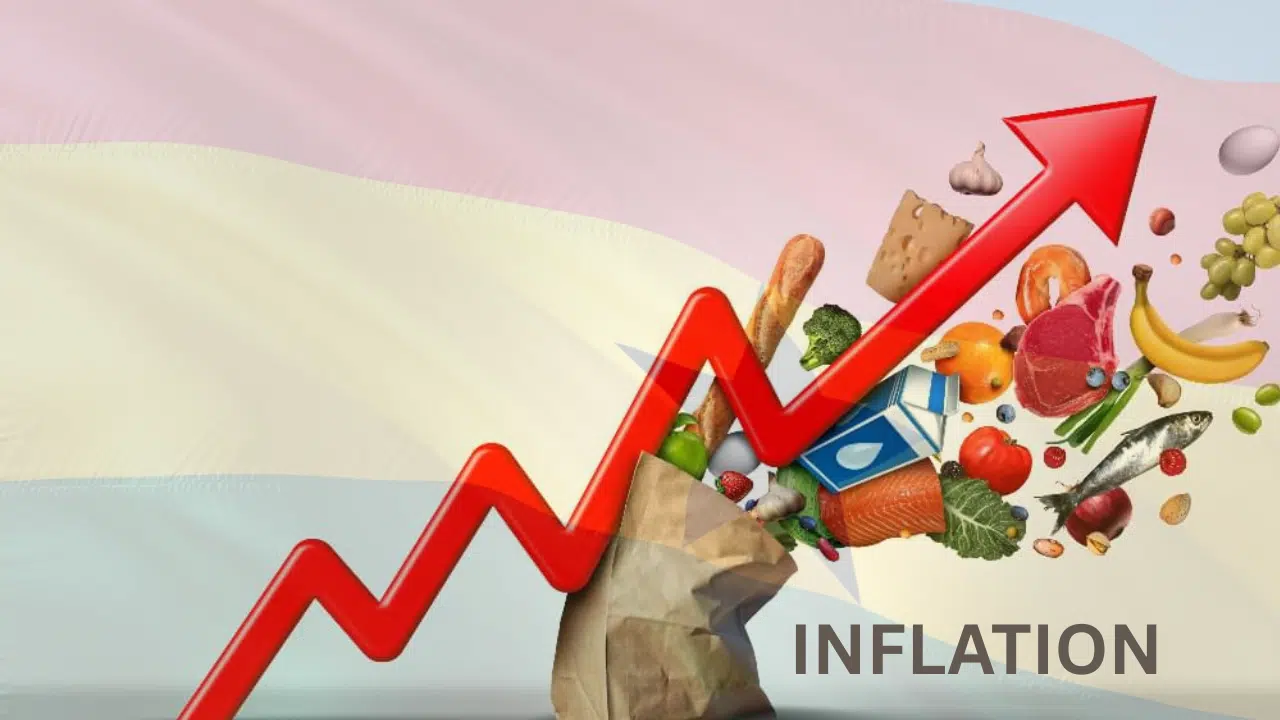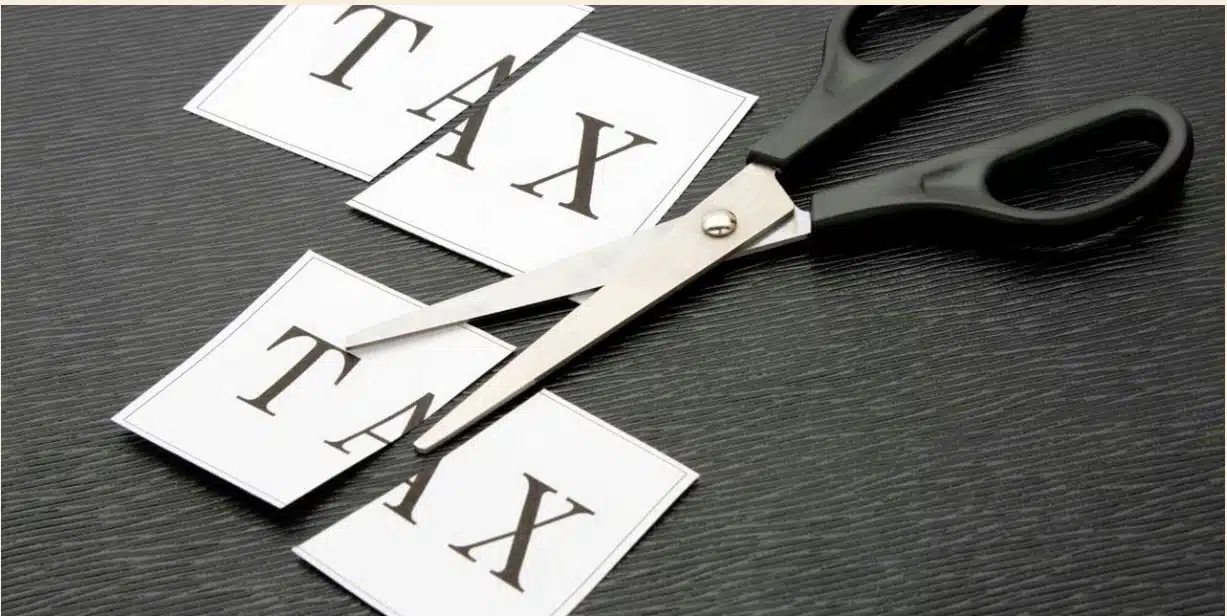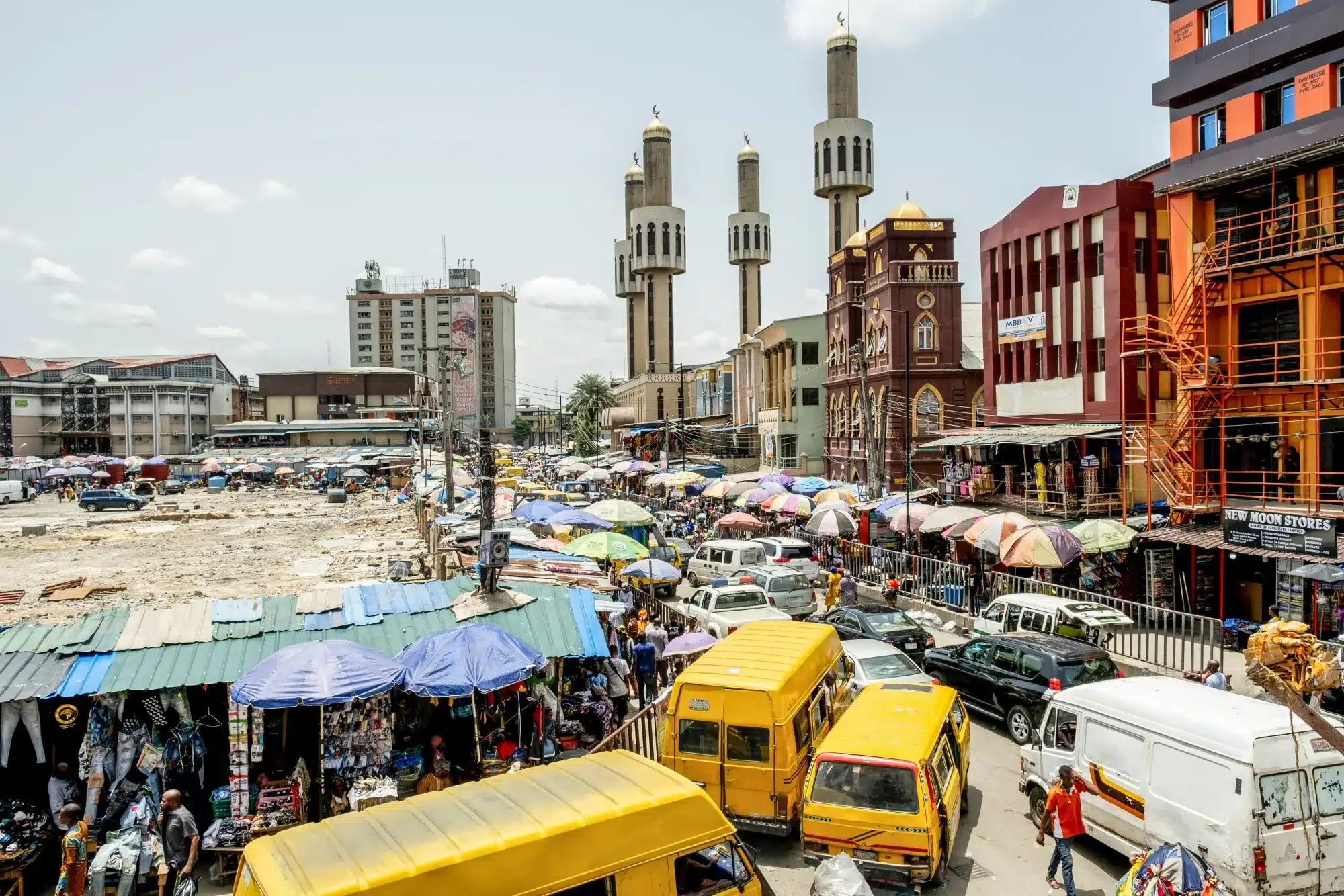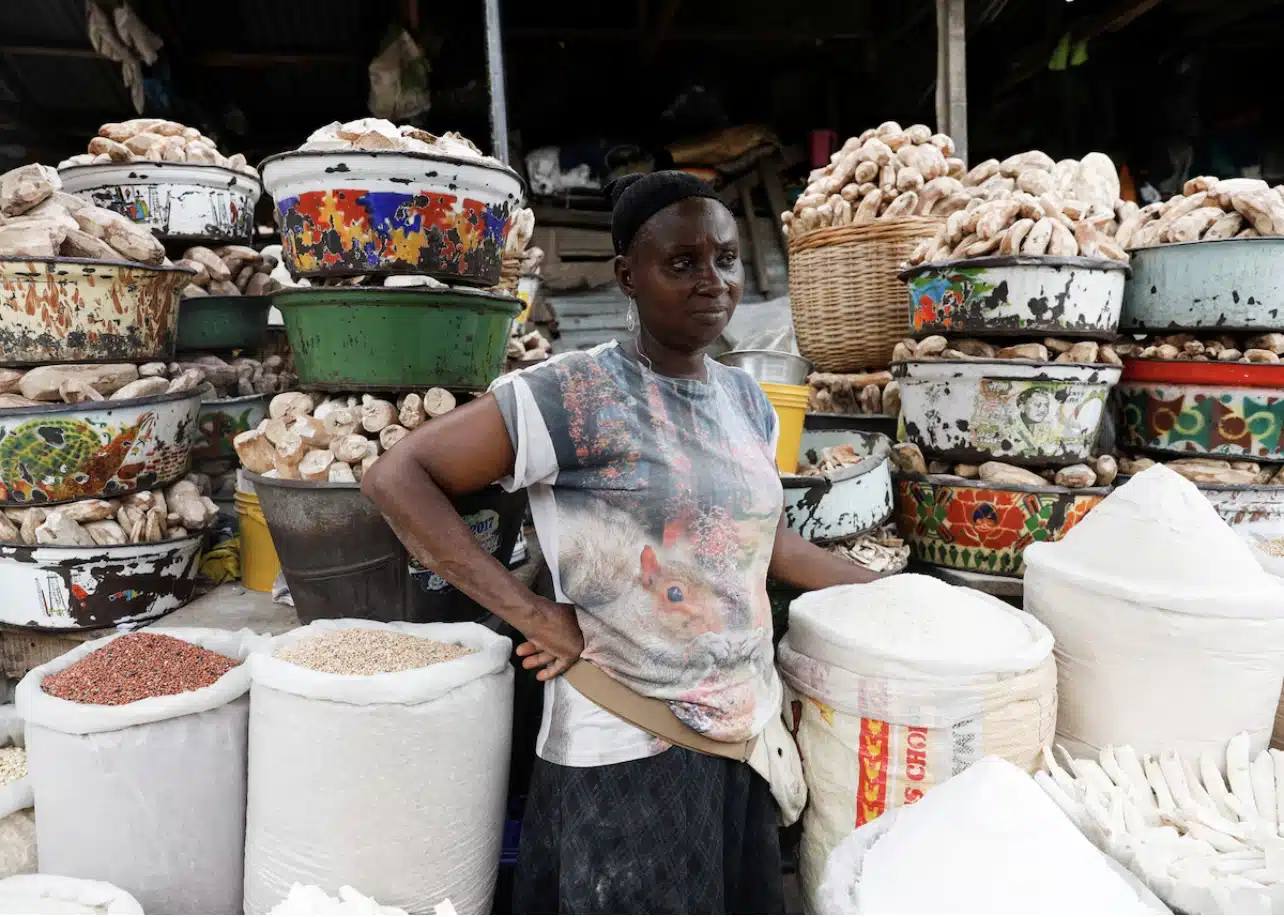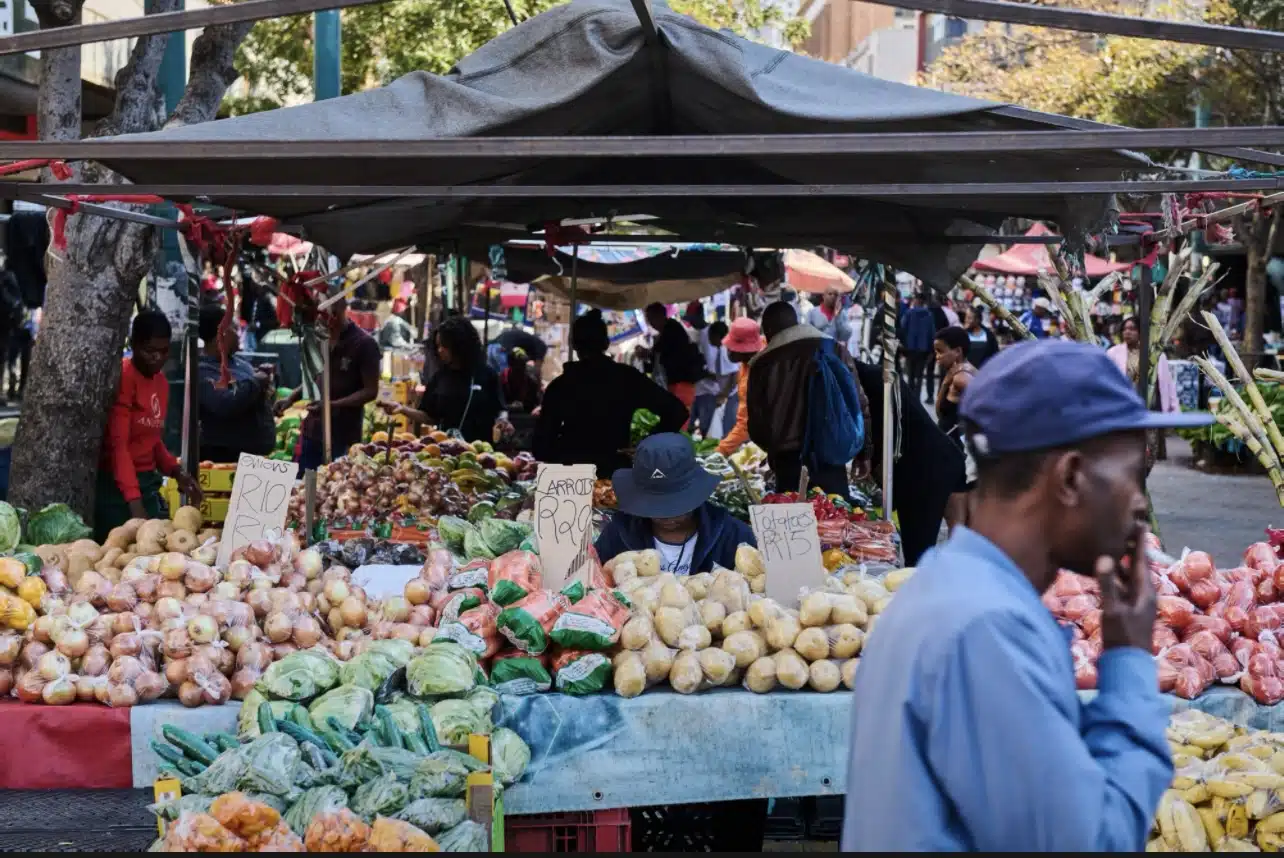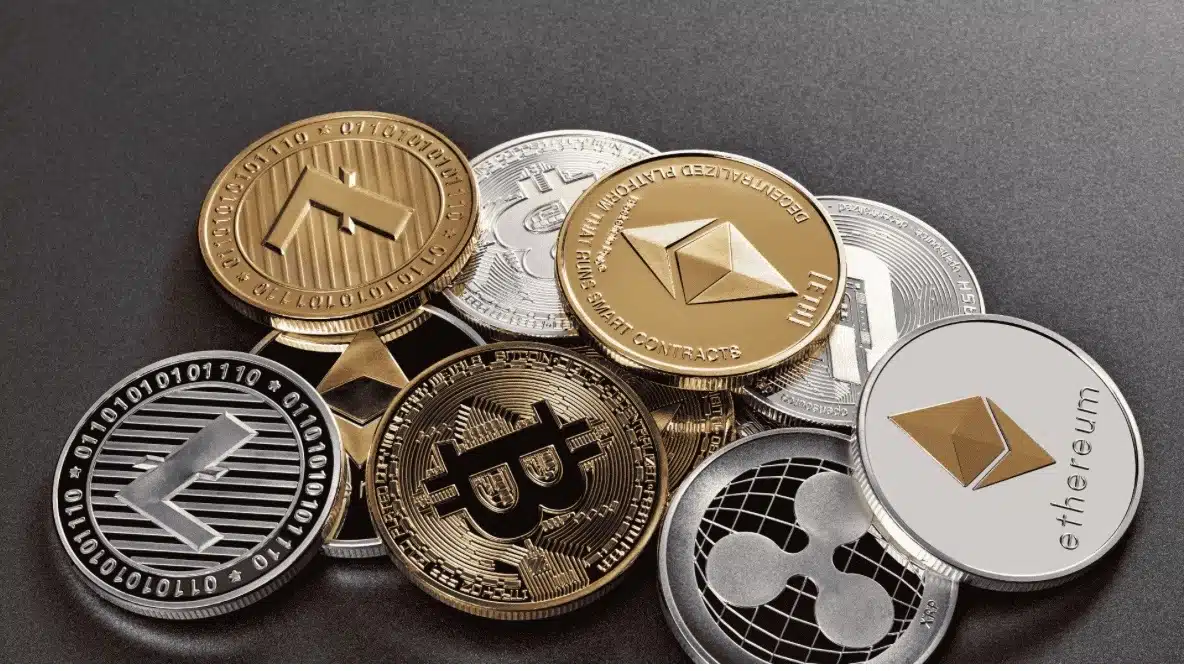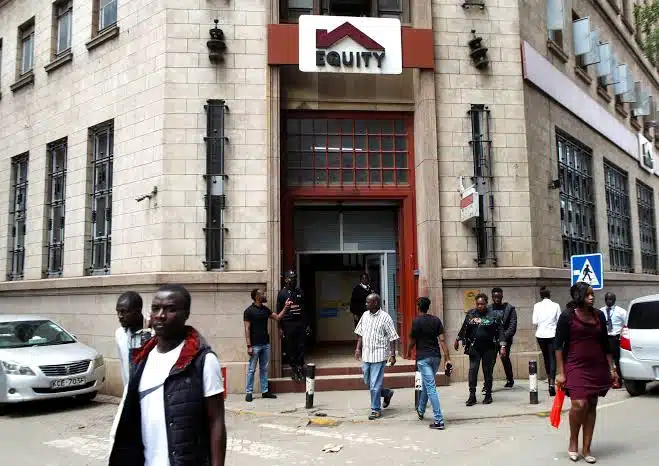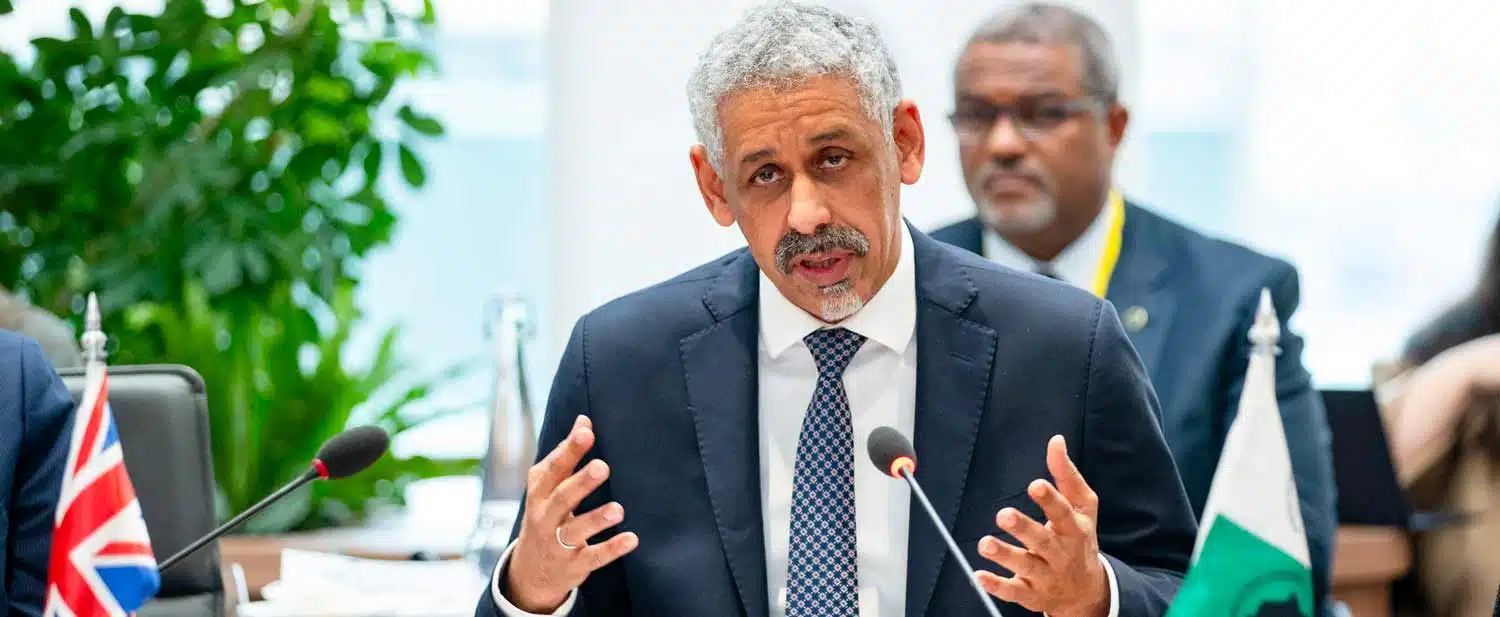Ghana’s annual inflation rate dropped to 22.4% in March 2025 from 23.1% in the preceding month, marking a five-month low, following a recent rate hike by the Bank of Ghana’s (BOG) new chief, Johnson Asiama.
Despite this modest dip, the inflation rate remains significantly above the central bank’s target range of 6%-10%, highlighting the continued challenges faced by the country’s economy.
The latest data, provided by Government Statistician Samuel Annim on Wednesday, shows that food inflation, which had been a major contributor to the overall rise in prices, cooled to 26.5% from 28.1% in the previous month.
Non-food price inflation also decelerated slightly, from 18.8% to 18.7%.
Month-on-month, prices rose by a marginal 0.2%.
This drop in inflation comes just days after the monetary policy committee (MPC) raised its benchmark interest rate to 28% from 27%, marking the first rate hike since July 2023.
The move was part of the central bank’s strategy to control the country’s ’stubbornly high’ inflation and stabilize the economy under the new governor’s leadership.
Finance Minister Cassiel Forson has set an ambitious inflation target of 11.9% by the end of 2025, but the country’s ability to meet this target will depend on a range of factors, including continued fiscal discipline and external economic conditions.
Inflation in the West African nation climbed above the high-end of the central bank’s target band in September 2021 after a debt crisis caused the cedi to plummet, eroding purchasing power and making imports more expensive.
Even now, the cocoa producer continues to grapple with a significant debt burden, with domestic debt servicing costs set to reach $9.7 billion, alongside $8.7 billion in external debt obligations over the next four years.
However, the cedi has held relatively stable at 15.5 against the dollar since February, helping to ease inflationary pressures.
Governor Asiama has indicated that if inflation continues to decline, the central bank may begin to ease its tight monetary policy by the second quarter of 2026.
However, with the cost of living still high and public sentiment fragile, significant uncertainty remains about Ghana’s path to economic stability.

